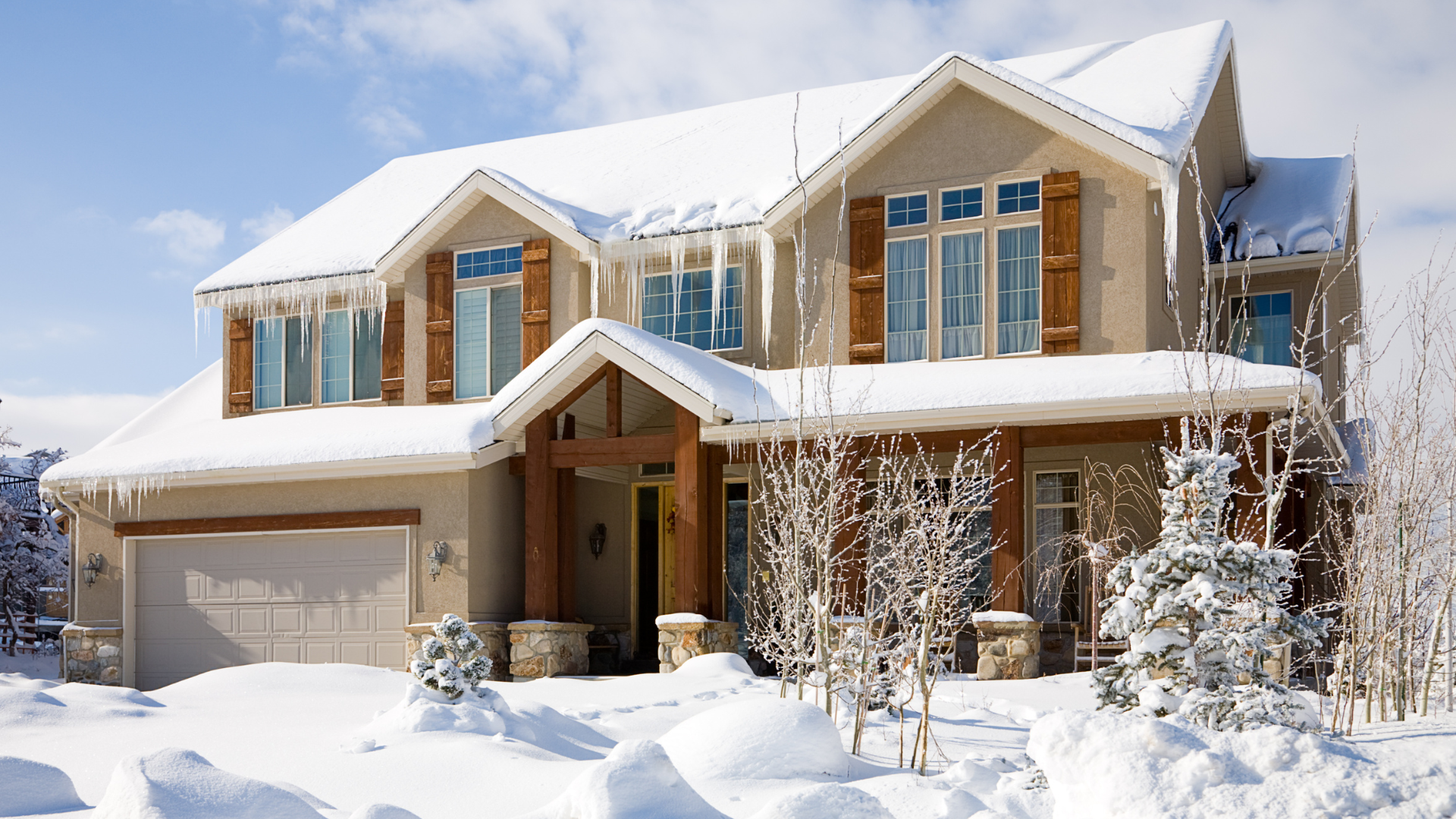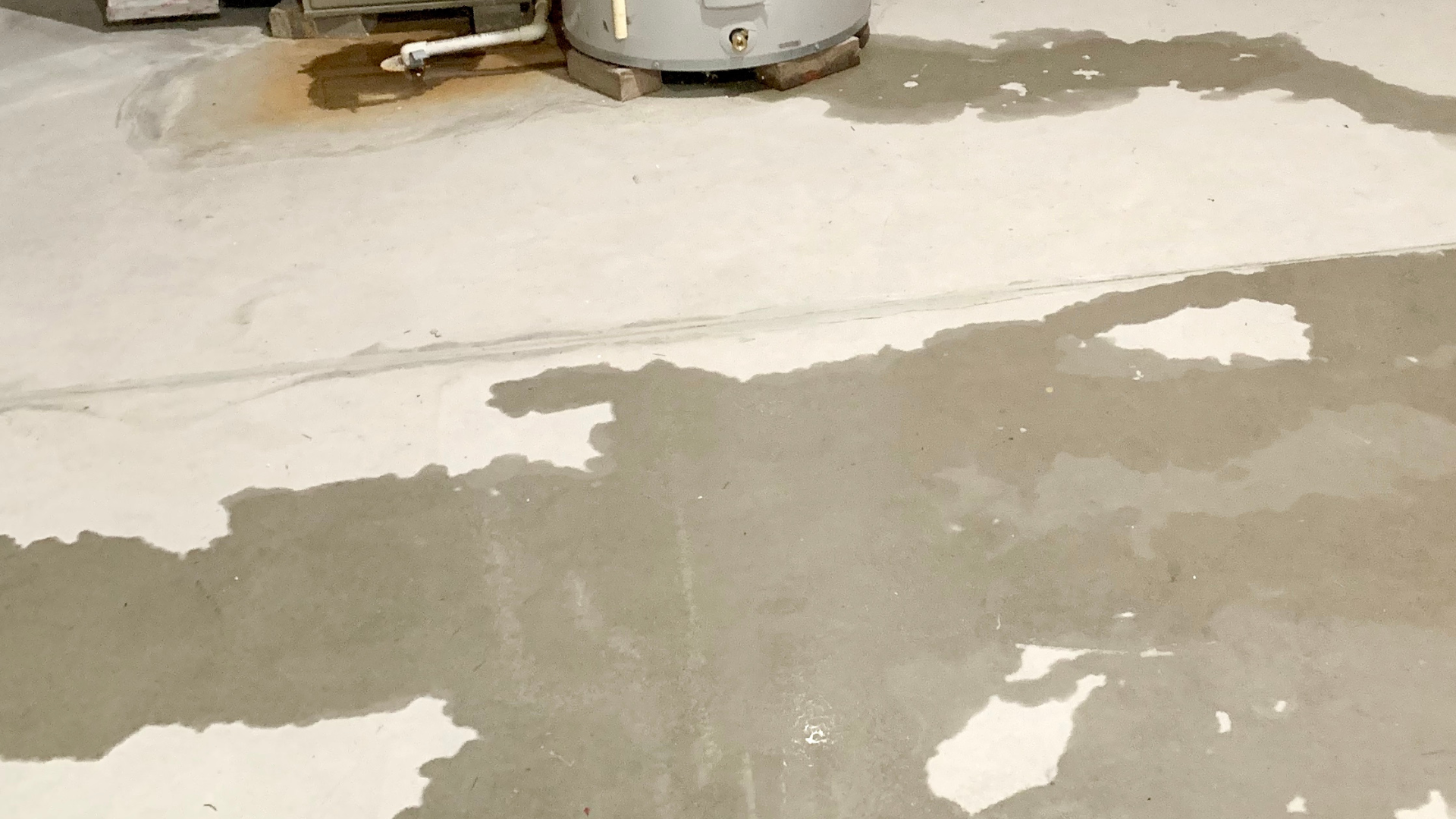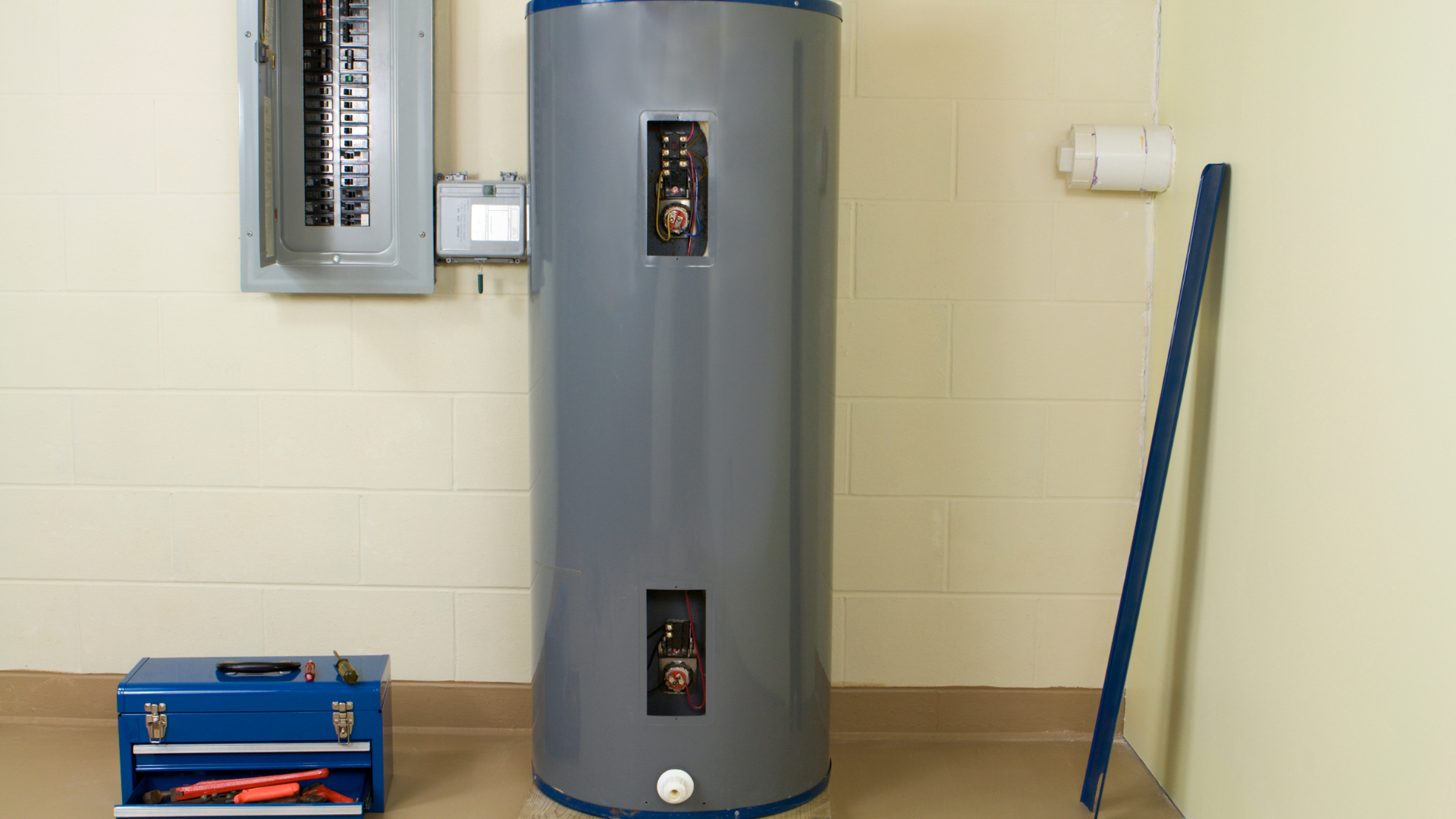Idaho
Navigating Home Services in the Gem State: Licensing, Sales Tax, and Verification in Idaho

For homeowners in Idaho, navigating home service contractors involves a state-level registration for general contractors and specific state licenses for key trades. The "Gem State" aims for consumer protection through these requirements. Understanding Idaho's unique sales tax application for construction projects is also essential.
Licensing Requirements for Home Service Contractors in Idaho
Idaho has a two-tiered system: a state-level registration for general contractors and statewide licensing for specialized trades.
Construction Contractor Registration (State-Level):
- The Idaho Bureau of Occupational Licenses (IBOL) requires all individuals and businesses performing construction work to register with the Idaho Contractors Board. This applies to general contractors, remodelers, handymen, and various subcontractors (e.g., roofing, decks, insulation) who do not hold a specific state trade license.
- This is a registration, not a comprehensive licensing process, meaning there are no state-level requirements for formal education, experience, or exams for this general contractor registration.
- Key Requirements for Registration:
- Complete the appropriate application (Individual Contractor or Business Entity).
- Provide proof of identification.
- Obtain General Liability Insurance with a minimum coverage of $300,000.00 single limit. This is a mandatory requirement, and the application will not be processed without it.
- Provide proof of Workers' Compensation Insurance if you have employees (or an explanation for exemption).
- Disclose any felony convictions (if applicable).
- Pay a registration fee (typically $50 for initial application).
- Having a registration number is necessary to obtain building permits.
Specialized Trades Require State Licenses: While the general contractor is registered, several key home service trades are licensed by the Idaho Division of Building Safety (DBS) under the IBOL:
- Plumbers: Licensed by the Idaho Plumbing Board. Licenses include Apprentice, Journeyman, and Master Plumber. Obtaining a Master Plumber license involves extensive apprenticeship (typically 4 years) and journeyman experience (e.g., 2 years) and passing comprehensive state-administered examinations.
- Electricians: Licensed by the Idaho Electrical Board. Licenses include Apprentice, Journeyman, and Master Electrician. These also require documented experience (e.g., 8,000 hours for Journeyman, plus 2 years for Master) and passing state exams based on the National Electrical Code.
- HVAC Contractors: Licensed by the Idaho Heating, Ventilation, and Air Conditioning (HVAC) Board. Licenses include Apprentice, Journeyman, and Master. Requirements involve documented experience and passing state exams.
- Public Works Contractors: If a contractor is bidding on public works projects (government jobs), they need a separate license from the Idaho Division of Building Safety's Public Works Contractors License Board, which has stricter financial, experience, and exam requirements based on project value. This typically doesn't apply to residential homeowners.
- Local Municipal Requirements: While the state handles general contractor registration and trade licensing, individual cities and counties may have additional business licenses, permits, or even their own specific contractor licensing requirements. For example, the City of Idaho Falls has its own contractor licensing classes (A, B, C, D) based on project scope and requires ICC exams, college degrees, or reciprocity for qualification.
- Always check with your specific city or county's building department for any local contractor licensing, registration, or permitting requirements for your project.
Performing construction work earning over $2,000 annually without state registration is illegal. Hiring unlicensed or unregistered trade professionals is risky and can lead to issues with project quality, safety, and legal recourse.
How Sales Tax Applies to Home Service Projects in Idaho
Idaho has a state sales tax rate of 6%. There are no local sales taxes in Idaho, making the rate consistent statewide. The application of sales tax to home service projects in Idaho is governed by a "contractor as consumer" rule for real property improvements, with some important nuances:
- Contractors as Consumers (Most Common for Real Property Improvements):
- For most construction, improvement, alteration, or repair of real property (e.g., your home, garage, driveway), the contractor is generally considered the consumer (end user) of the materials they use.
- This means the contractor pays the 6% sales tax to their suppliers when they purchase all building materials, fixtures, tools, and supplies that will be permanently incorporated into your home or consumed during the project.
- Therefore, the contractor does not collect sales tax directly from the homeowner on the overall contract price for such real property improvements. The sales tax on materials is embedded in the contractor's cost.
- Labor charges for installing or repairing items that become part of real property are generally not subject to Idaho sales tax (if separately stated on the invoice).
- Exceptions and Special Cases:
- Contractors who are also Retailers: If a contractor both improves real property and sells materials at retail without installation (e.g., a contractor who also runs a flooring showroom where customers can buy flooring to install themselves), they can buy materials for resale exempt from sales tax. However, if they then use these materials in an Idaho real property improvement contract, they owe use tax on the cost of those materials.
- Exempt Projects/Entities: Certain specific projects (e.g., qualified data centers, agricultural irrigation, or projects for government entities) might have exemptions allowing the contractor to purchase materials tax-exempt. However, the general rule is that the contractor still pays the tax on materials even if the customer is exempt.
- Repair Labor: The Idaho State Tax Commission explicitly states that "installation labor" and "repair labor" are not taxable if they are separately stated on the invoice. However, parts used to make repairs are taxable.
What this means for homeowners:
- For most standard home improvement, remodeling, or construction projects that permanently alter your property in Idaho, you generally will not see sales tax itemized on your contractor's invoice for the overall project or for labor. The contractor has typically paid the sales tax on their material purchases to their suppliers.
- If you purchase materials directly from a retailer and then hire a contractor for labor only, you would pay sales tax on the materials at the time of purchase.
How to Verify Licensing in Idaho
Verifying a home service contractor's credentials in Idaho involves checking with the relevant state agencies and, importantly, your local municipality.
Idaho Bureau of Occupational Licenses (IBOL) - Contractor Registration Search:
- This is the primary place to verify the general "Construction Contractor Registration."
- Website: Go to the IBOL website: https://dopl.idaho.gov/. Look for a "Search Licenses & Registrations" link or similar.
- Search Options: You can search by contractor name or registration number.
- Information Provided: This confirms if the contractor holds an active registration and their registration number.
Idaho Division of Building Safety (DBS) - License Lookup (for Trades and Public Works):
- The DBS oversees licensing for specific trades (Plumbers, Electricians, HVAC) and Public Works Contractors.
- Website: https://web.dbs.idaho.gov/etrakit3/Custom/Idaho_LicenseSearch.aspx or search for "Idaho DBS License Search."
- Search Options: Allows searching for various trades and public works licenses.
- Information Provided: Will show active license status, type, and any disciplinary actions.
Local City/County Building Departments (Crucial for Local Requirements and Permits):
- While state registration exists, many cities and counties in Idaho have their own requirements for business licenses and permits. Some, like Idaho Falls, also have their own specific contractor licensing.
- Find Contact Information: Go to the official website of your specific city or county (e.g., Boise, Meridian, Coeur d'Alene, Idaho Falls). Look for "Building Permits," "Codes Enforcement," or "Contractor Licensing" departments.
- Direct Inquiry: Call or visit their office. Ask about any local contractor registration/licensing requirements and what specific permits are needed for your project. They can also often confirm if a contractor is permitted to work in their jurisdiction.
Idaho Secretary of State - Business Entity Search:
- Website: Use the Secretary of State's business search to verify that the contractor's business entity (LLC, corporation, etc.) is properly registered and in good standing with the state: https://sos.idaho.gov/ (look for "Business Entity Search").
Proof of Insurance: Always request current Certificates of Insurance for general liability (a state requirement for registration) and, if the contractor has employees, workers' compensation insurance. Contact the insurance provider directly to verify coverage.
Always perform these verification steps before hiring a contractor in Idaho. A registered contractor with the state, coupled with proper trade licenses (where applicable) and necessary local permits, offers the best protection for your home improvement project.
Sources
- Idaho Bureau of Occupational Licenses (IBOL) / Idaho Contractors Board:
- Main Website: https://dopl.idaho.gov/
- Contractor Registration Information: (Often found under "Building" or "Construction" sections on the DOPL site)
- How to Get an Idaho Contractor License (JW Surety Bonds - excellent detailed summary): https://www.jwsuretybonds.com/blog/idaho-contractor-license
- Handyman Licenses in Idaho (HandymanStartup.com - clarifies registration for small jobs): https://www.handymanstartup.com/handyman-licenses-laws-idaho/
- Idaho Division of Building Safety (DBS):
- License Search (for trades and public works): https://web.dbs.idaho.gov/etrakit3/Custom/Idaho_LicenseSearch.aspx
- Public Works Contractor Licensing: https://dbs.idaho.gov/programs/publicworks/
- Idaho State Tax Commission (STC):
- Sales and Use Taxes: Basics Guide (including installation/repair labor): https://tax.idaho.gov/taxes/sales-use/online-guide/
- Form ST-103C, Sales Tax Exemption Certificate - Real Property Contractors: https://tax.idaho.gov/document-mngr/forms_efo00332/ (Clarifies contractor as consumer rule)
- Idaho Secretary of State - Business Entity Search: https://sos.idaho.gov/ (Look for "Business Entity Search")
- Local Municipal Resources (Examples):
- City of Idaho Falls - Contractor Licensing: https://idahofallsidaho.gov/1366/Contractor-Licensing
Click Another Article to Read More










